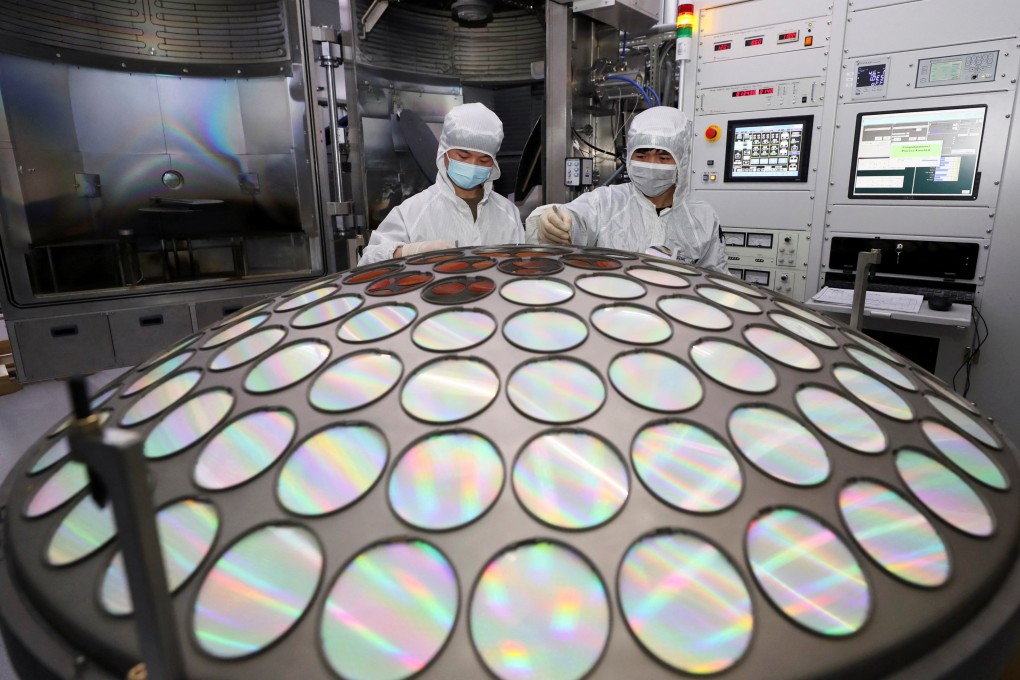Advertisement
Opinion | China needs a bigger wave of stimulus to boost spending and exports
- To achieve its economic growth target, Beijing will have to lift consumption and hi-tech exports
- China’s unique circumstances mean it requires more stimulus than previously, including the 4 trillion yuan used to combat the 2008 global financial crisis
Reading Time:4 minutes
Why you can trust SCMP
6

Premier Li Qiang has declared an ambitious economic target of around 5 per cent growth for China this year. While this presents a challenge, it is not insurmountable.
As the US devises strategies to lessen its dependence on China, Beijing must increase its self-reliance. At this critical juncture, the Chinese government should implement a substantial stimulus plan to boost consumption, fortify hi-tech production and augment exports.
In the US, with Nikki Haley’s withdrawal from the race to be the Republican presidential nominee, Donald Trump is set for a rematch with President Joe Biden in the November election. Whatever the outcome of what is expected to be a close fight, both Biden and Trump see China as an economic threat to the US.
As president, Trump initiated a trade war in 2018 by imposing a 25 per cent tariff on a broad range of imports from China. In 2019, he banned Huawei Technologies from selling telecoms equipment in the US, calling it a security threat. Last month, he said he would impose tariffs of 60 per cent or higher on Chinese goods if elected.
Biden asserts his divergence from Trump, but his stance towards China mirrors that of his predecessor. He has kept Trump’s tariffs on China that he once vowed to remove when in office. He also banned US companies from selling advanced microchips and the equipment used to make them to Chinese firms, a move aimed at impeding China’s progress in the semiconductor industry.
Last month, Biden instructed the Commerce Department to investigate the risk of cyberattacks from Chinese smart electric vehicles (EVs). This investigation, prompted by potential national security threats, could lead to a ban on Chinese EVs.
Advertisement
